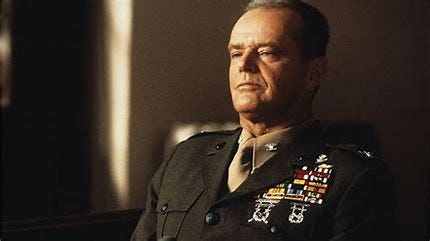"Son, we live in a world that has walls, and those walls have to be guarded by men with guns. Who's gonna do it? You?"
- Colonel Jessup, A Few Good Men
Without fail, every Memorial Day a vocal minority emerges, eager to remind the public that the sacrifices of those who died in America’s wars were pointless, tragic, or outright foolish.
And to be fair—some of their criticisms are not without merit. Many wars were misguided. Many died for causes later revealed to be murky or corrupt. But Memorial Day is not a referendum on foreign policy. It is not the wars we honor—it is the men. And in failing to understand this, the critics do not sound wise or brave, they betray themselves as cowards.
Memorial Day is not about the righteousness of the cause. It’s about the righteousness of the response. The impulse to rise, to answer the call, to fight for something beyond oneself. That is what we honor: the heroic instinct.
There is something deeply right—yes, even beautiful—about a young man hearing the call of war and running toward it. It may not be rational. It may not be wise. But it is courageous. And it is necessary. The future does not belong to the best-argued position—it belongs to those willing to die for what they love.
As Julius Evola once wrote: “Even when the cause is unjust, the heroism of the soldier remains. One must not disparage the hero merely because he fought on the wrong side.” The merit of the war may be debatable. The courage of the man is not.
When the gates fall—and they always fall—it is not the critic, the philosopher, or the bureaucrat who stands in the breach. It is the man with the sword. A civilization that cannot honor such a man will not survive long enough to write its own obituary.
To disparage the soldier is not virtue. It is not clarity. It is not wisdom. It is civilian cowardice masquerading as moral superiority. The judgment of whether a war is just should rest with fathers, veterans, and elders—those who have paid in blood and time and memory. They are tasked with warning the young when a cause is not worthy of the cost.
But when that warning fails—and it often does—we do not spit on the grave. We do not mock the fallen. We recognize that the heroic instinct outweighed the rational one.
When the civilian mocks the soldier, he reveals a deep insecurity. He enjoys the fruits of peace, the order of law, the comfort of a quiet life—without ever once having to bleed for it. He stands in judgment over better men, men who carried the burden of violence on their conscience so he wouldn’t have to.
And no, this is not a romanticization of war. There is no glory in drone strikes, in faceless bombing runs, in push-button death from a climate-controlled trailer. The honor has been stripped from the battlefield. But the spirit of the warrior remains.
That spirit is what we honor.
Because when the enemy is at the gate—as he is now—all that will stand between chaos and order is not your clever tweet, not your think-piece, not your moral groveling. It will be a man, often too young, often too idealistic, with a rifle in his hand and fire in his chest.
That is who we remember.
That is who we honor.
- TJS





Wise, powerful words. Thank you for saying them.
TR said it best with “The Man in the Arena”.